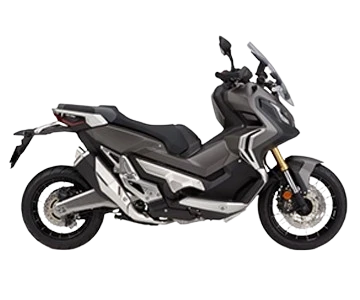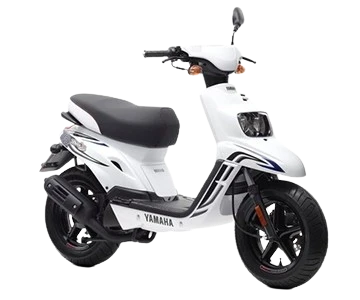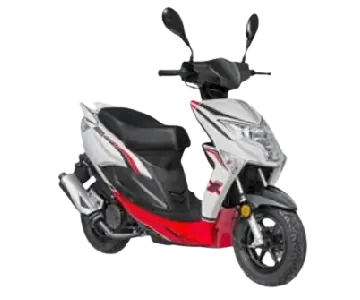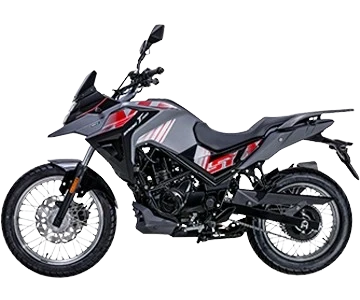Essential tips for riding a motorbike around Morocco
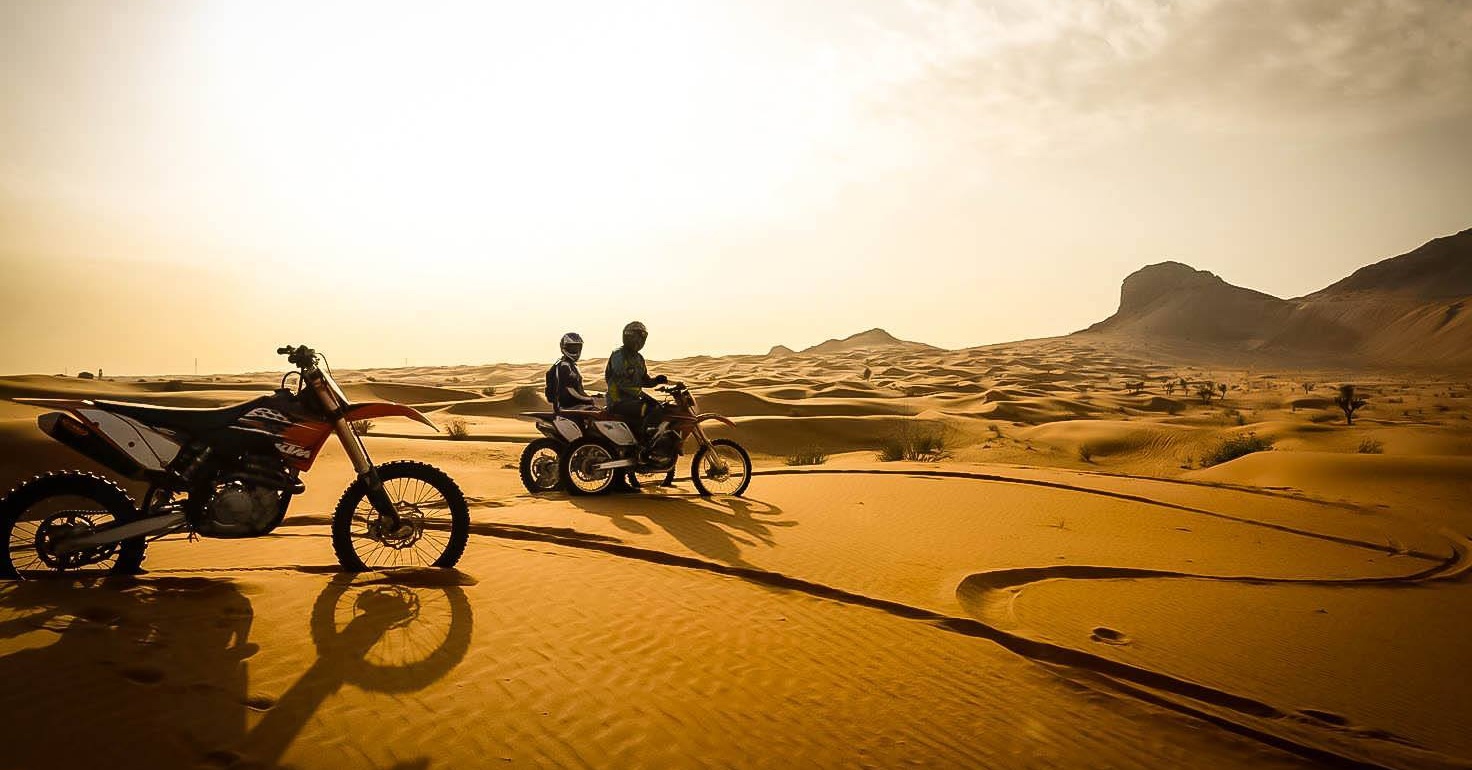
Essential tips for riding a motorbike around Morocco
Exploring Morocco on a motorcycle is an exhilarating experience filled with stunning landscapes, rich culture, and vibrant cities. To ensure a safe and enjoyable journey, keep these essential tips in mind:
1. Know the local traffic laws
- Licensing: Ensure you have a valid motorcycle license and check if you need an international driving permit.
- Helmet law: Wearing a helmet is mandatory for both riders and passengers. Always ensure your helmet meets safety standards.
- Speed limits: Adhere to posted speed limits, which are typically 60 km/h in urban areas and 100-120 km/h on highways.
2. Be aware of road conditions
- Variable surfaces: Roads in urban areas are generally well-maintained, but rural roads can be uneven or poorly marked. Stay alert and ready for sudden changes in road conditions.
- Potholes and obstacles: Watch for potholes, loose gravel, and animals crossing the road, especially in rural regions.
3. Understand the weather
- Temperature variations: Morocco's climate can vary significantly. Prepare for hot temperatures in the desert and cooler conditions in the mountains.
- Rain and winds: Be cautious during the rainy season (November to March) as roads can become slippery. Strong winds are common in some areas, so stay steady on the bike.
4. Practice defensive riding
- Anticipate other drivers: Moroccan drivers may not always follow traffic rules. Stay alert and be prepared for sudden lane changes or unexpected stops.
- Maintain distance: Keep a safe distance from other vehicles to allow time to react to sudden movements.
5. Wear appropriate gear
- Safety gear: Invest in quality riding gear, including a full-face helmet, gloves, riding jacket, and durable pants. Protective boots are also essential.
- Visibility: Wear bright colors or reflective gear to increase visibility, especially in low-light conditions.
6. Stay hydrated and rested
- Hydration: Drink plenty of water, especially during long rides. Dehydration can impair your ability to ride safely.
- Rest stops: Take regular breaks to stretch and rest. Long rides can be tiring, and staying alert is crucial for safety.
7. Plan your route
- Research destinations: Familiarize yourself with the routes and destinations you plan to visit. Popular areas include the Atlas Mountains, Sahara Desert, and coastal cities like Essaouira and Agadir.
- Fuel stations: Ensure you know where to refuel, especially in remote areas where fuel stations may be sparse.
8. Be culturally respectful
- Dress modestly: When visiting rural areas or religious sites, dress modestly to show respect for local customs.
- Engage with locals: Moroccans are known for their hospitality. Take the time to engage with locals, but be respectful and courteous.
9. Carry essential supplies
- Basic tools: Bring basic tools for minor repairs and maintenance, such as tire repair kits and a multi-tool.
- First aid kit: A well-stocked first aid kit is crucial for addressing minor injuries during your rides.
10. Emergency contacts
- Know emergency numbers: Keep local emergency numbers handy. In Morocco, dial 19 for police, 15 for ambulance, and 19 for fire.
- Have a backup plan: Research local repair shops or service stations along your route in case of mechanical issues.

